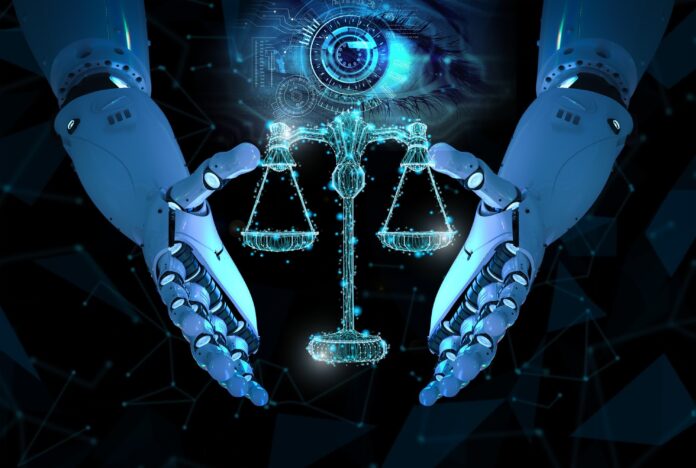In context: Massive language fashions have already been used to cheat at school and unfold misinformation in information stories. Now they’re creeping into the courts, fueling bogus filings that judges face amid heavy caseloads – elevating new dangers for a authorized system already stretched skinny.
A latest Ars Technica report detailed a Georgia appeals court docket choice highlighting a rising threat for the US authorized system: AI-generated hallucinations creeping into court docket filings and even influencing judicial rulings. Within the divorce dispute, the husband’s lawyer submitted a draft order peppered with citations to instances that don’t exist – possible invented by generative AI instruments like ChatGPT. The preliminary trial court docket signed off on the doc and subsequently dominated within the husband’s favor.
Solely when the spouse appealed did the fabricated citations come to gentle. The appellate panel, led by Choose Jeff Watkins, vacated the order, noting that the bogus instances had undermined the court docket’s potential to evaluate the choice. Watkins did not mince phrases, calling the citations doable generative-artificial intelligence hallucinations. The court docket fined the husband’s lawyer $2,500.
Which may sound like a one-off, however a lawyer was fined $15,000 in February beneath comparable circumstances. Authorized consultants warn it’s possible an indication of issues to come back. Generative AI instruments are notoriously vulnerable to fabricating data with convincing confidence – a habits labeled “hallucination.” As AI turns into extra accessible to each overwhelmed legal professionals and self-represented litigants, consultants say judges will more and more face filings stuffed with pretend instances, phantom precedents, and garbled authorized reasoning dressed as much as look reliable.
The issue is compounded by a authorized system already stretched skinny. In lots of jurisdictions, judges routinely rubberstamp orders drafted by attorneys. Nonetheless, the usage of AI raises the stakes.
“I can envision such a situation in any variety of conditions the place a trial choose maintains a heavy docket,” mentioned John Browning, a former Texas appellate choose and authorized scholar who has written extensively on AI ethics in regulation.
Browning informed Ars Technica he thinks it is “frighteningly possible” these sorts of errors will change into extra widespread. He and different consultants warn that courts, particularly on the decrease ranges, are ill-prepared to deal with this inflow of AI-driven nonsense. Solely two states – Michigan and West Virginia – at the moment require judges to keep up a primary stage of “tech competence” with regards to AI. Some judges have banned AI-generated filings altogether or mandated disclosure of AI use, however these insurance policies are patchy, inconsistent, and exhausting to implement because of case quantity.
In the meantime, AI-generated filings aren’t all the time apparent. Massive language fashions usually invent realistic-sounding case names, believable citations, and official-sounding authorized jargon. Browning notes that judges can look ahead to telltale indicators: incorrect court docket reporters, placeholder case numbers like “123456,” or stilted, formulaic language. Nonetheless, as AI instruments change into extra refined, these giveaways might fade.
Researchers, like Peter Henderson at Princeton’s Polaris Lab, are creating instruments to trace AI’s affect on court docket filings and are advocating for open repositories of reliable case regulation to simplify verification. Others have floated novel options, corresponding to “bounty methods” to reward those that catch fabricated instances earlier than they slip via.
For now, the Georgia divorce case stands as a cautionary story – not nearly careless legal professionals, however a couple of court docket system that could be too overwhelmed to trace AI use in each authorized doc. As Choose Watkins warned, if AI-generated hallucinations proceed slipping into court docket data unchecked, they threaten to erode confidence within the justice system itself.
Picture credit score: Shutterstock

